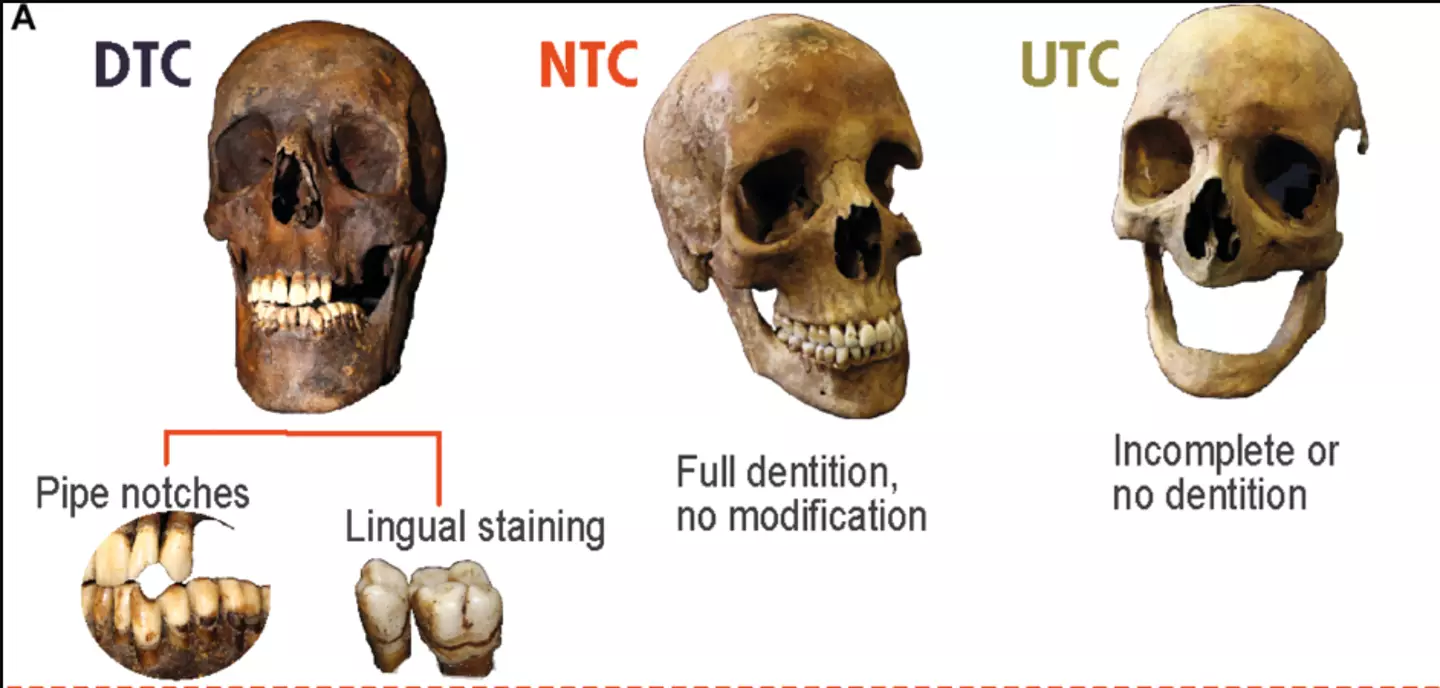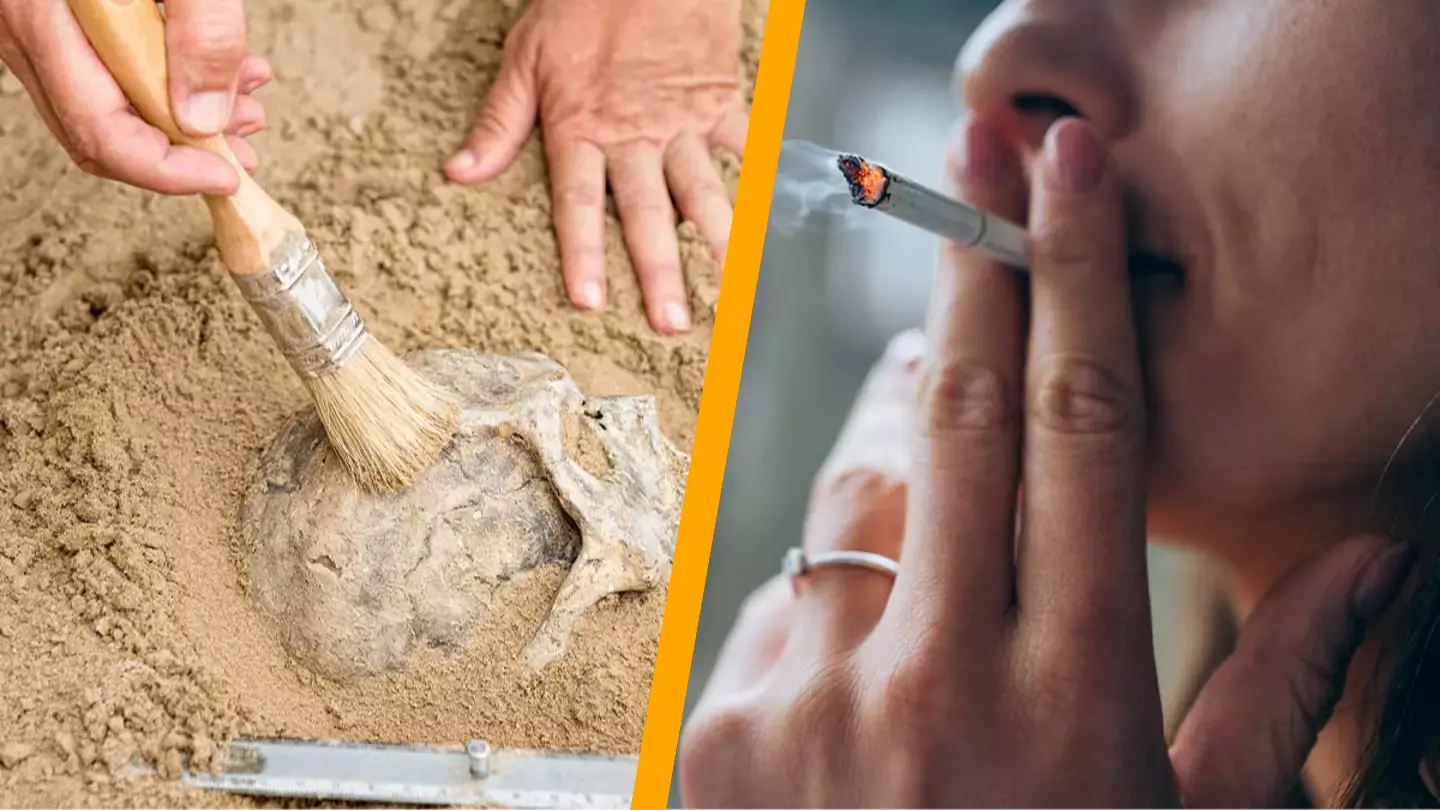We’re all aware of the dangers of smoking and the effects it can have on your body, but those effects may be more drastic than initially believed.
According to the American Lung Association, smoking tobacco significantly raises the risk of developing lung cancer, suffering a stroke, having a heart attack, and contracting lung disease, among other health issues.
Even switching from cigarettes to vapes can still significantly impact your health, as demonstrated in this video.
While this is common knowledge, new findings from English researchers may shock you, especially if you’ve ever smoked or even quit years ago.
Researchers at the University of Leicester have uncovered through archeological studies of human remains buried in the UK between the 12th and 19th centuries that the impacts of tobacco can be detected long after death.
The exact timeline of tobacco’s introduction to Western Europe is uncertain, but it is believed to have been brought to Britain by explorer Sir Walter Raleigh from Virginia, US, in 1586, which was 190 years before the US was established.
The team of scientists analyzed 323 cortical bones, the dense tissue on the bone’s outer layer, searching for molecular traces of tobacco smoke.

Among these remains, they identified 45 individuals who were smokers.
These smokers exhibited distinct molecular markers that persisted for centuries, which were absent in non-smokers.
The study, published in Science Advances, stated: “Tobacco consumption leaves a metabolic record in human bone distinctive enough to identify its use in individuals of unknown tobacco consumption.
“Archaeological human skeletal remains have the potential to provide direct evidence that can be used to study past pathological and health conditions, including diseases associated with tobacco use.”

Dr. Sarah Inskip, a co-author of the study, remarked: “Our research shows significant differences in the molecular features of bones from past tobacco users and non-users. This finding indicates that tobacco use impacts the structure of our skeletons.
“Our ongoing research aims to understand how these differences emerge, which may have implications for understanding why tobacco use is a risk factor for certain musculoskeletal and dental disorders.”
It is unsettling to think about the long-lasting effects smoking has on the body. For me personally, having quit smoking six years ago, realizing that its influence may have penetrated my bones is quite distressing.

